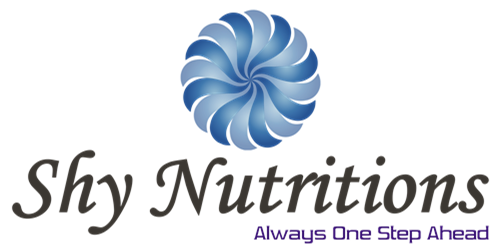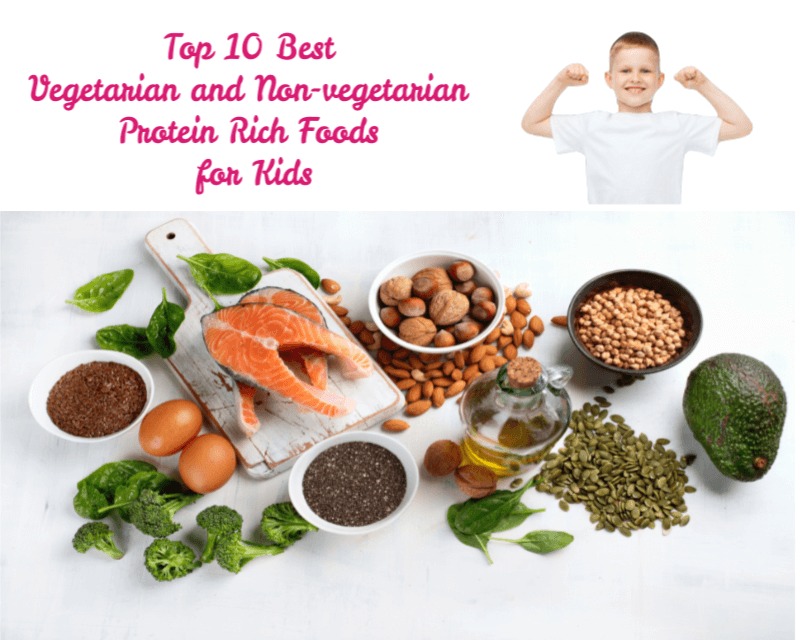A balanced diet is essential for children’s growth and development, and protein is a crucial nutrient that should not be overlooked. While meat is a common protein source, vegetarian and vegan families may wonder how to ensure their children are getting enough protein in their diets. Fortunately, there are plenty of vegetarian and vegan protein sources for kids to enjoy. In this blog, we’ll explore some of the best vegetarian and vegan protein sources for kids.
- Legumes Legumes, such as beans, lentils, chickpeas, and peas, are an excellent source of protein for kids. They’re also high in fiber, iron, and other nutrients that are essential for children’s health.
- Nuts and Seeds Nuts and seeds, such as almonds, peanuts, pumpkin seeds, and sunflower seeds, are another great source of vegetarian protein. They’re also high in healthy fats, fiber, and other essential nutrients.
- Tofu and Tempeh Tofu and tempeh are both made from soybeans and are a good source of protein for vegetarian and vegan kids. They’re also versatile and can be used in a variety of dishes, from stir-fries to sandwiches.
- Whole Grains Whole grains, such as quinoa, brown rice, and whole wheat, are not only a good source of protein but also high in fiber, vitamins, and minerals.
- Dairy Alternatives For vegan kids, dairy alternatives like soy milk, almond milk, and oat milk can provide protein and other essential nutrients that are typically found in cow’s milk.
- Seitan Seitan, also known as wheat meat, is a vegetarian protein source made from wheat gluten. It has a meat-like texture and can be used in a variety of dishes, such as stews and stir-fries.
- Nutritional Yeast Nutritional yeast is a deactivated yeast that is often used as a cheese substitute in vegan dishes. It’s also a good source of protein and other essential nutrients like B vitamins.
It’s essential to note that while these vegetarian and vegan protein sources are nutritious, it’s important to ensure children are getting a variety of foods to meet all their nutritional needs. A diet that includes a variety of fruits, vegetables, whole grains, and healthy fats, in addition to these vegetarian and vegan protein sources, can provide children with all the nutrients they need for optimal growth and development.
In conclusion, vegetarian and vegan families have plenty of options when it comes to providing their children with adequate protein. By incorporating legumes, nuts and seeds, tofu and tempeh, whole grains, dairy alternatives, seitan, and nutritional yeast into their diets, parents can ensure their children are getting the protein and other essential nutrients they need for good health.




